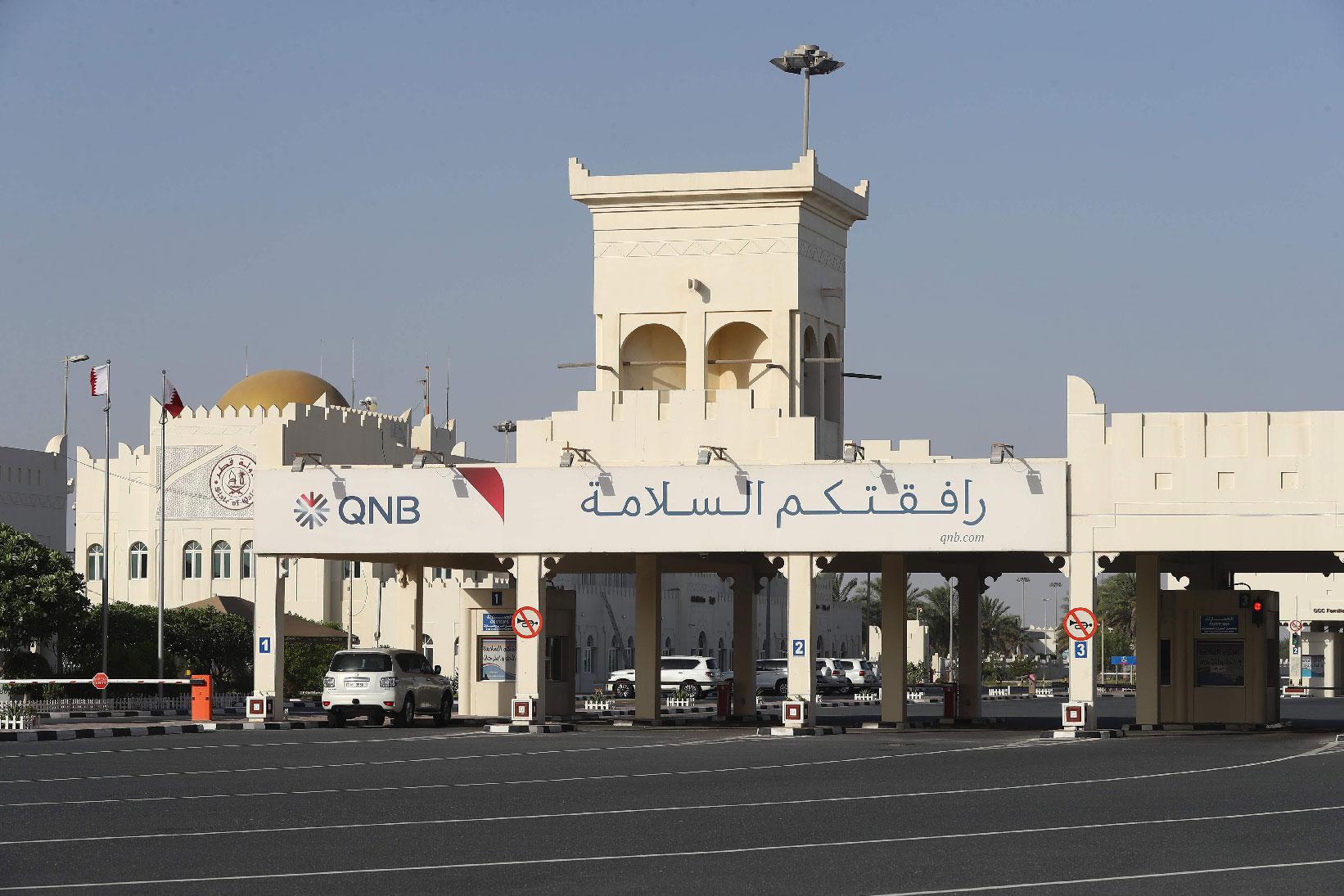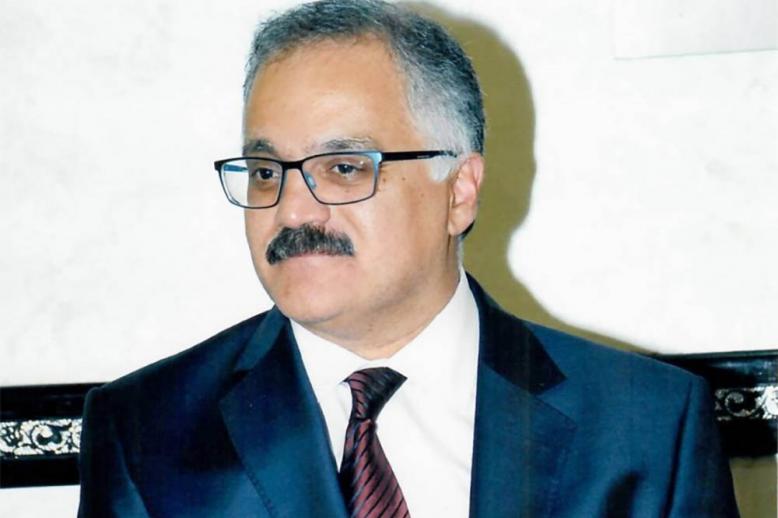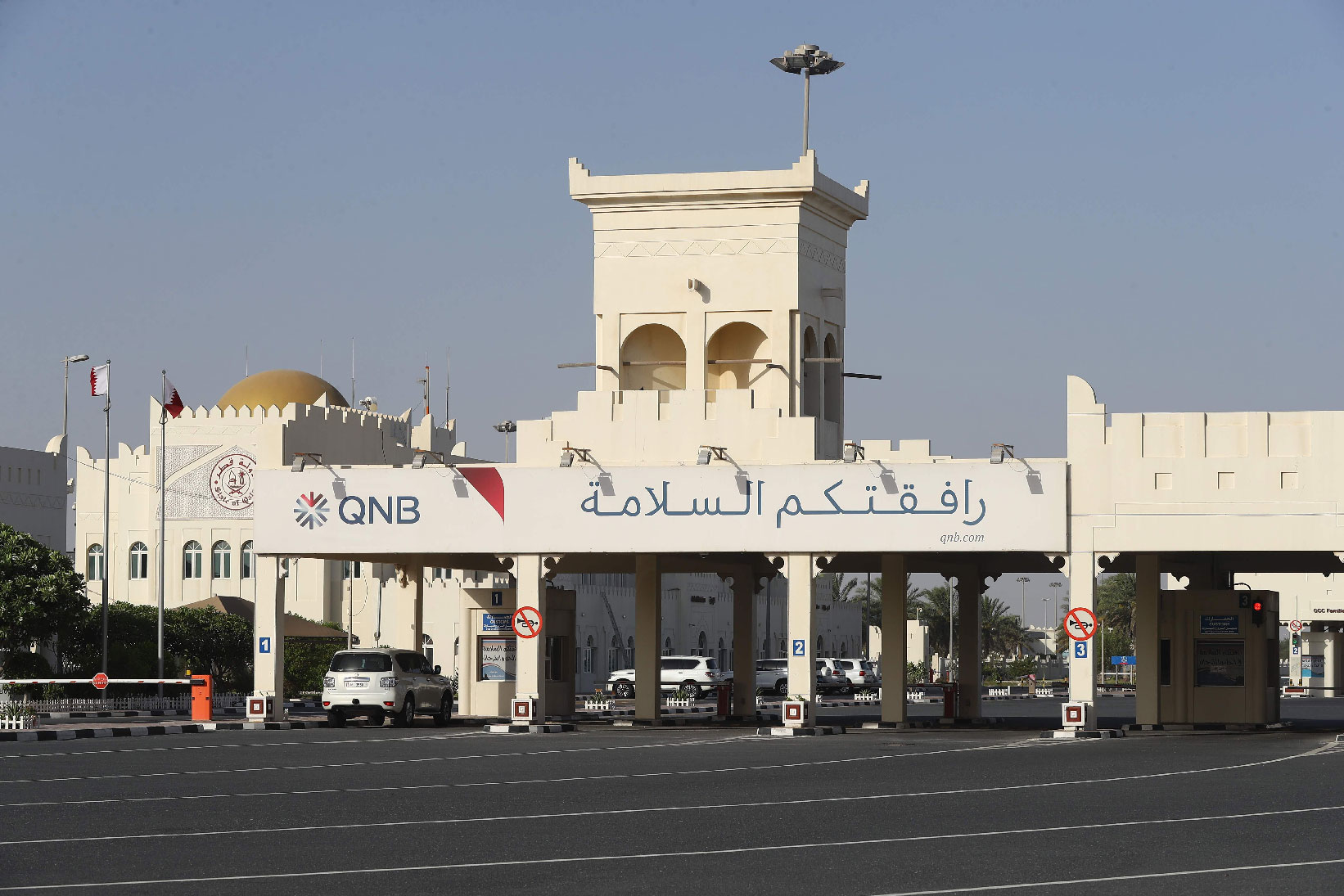Doha’s attitude keeps it isolated from neighbours
One year after the dispute between Qatar and four Arab countries began, the chasm between the two sides appears to be widening, dividing US allies when Washington is seeking to build a stronger regional alliance against Iran and Islamist extremism.
Despite efforts to engage Qatar, the Doha regime appears intent on embarrassing itself, its people and the countries that are trying to mediate a solution to the worst crisis in the history of the Gulf Cooperation Council (GCC), which includes Bahrain, Kuwait, Oman, Qatar, Saudi Arabia and the United Arab Emirates.
On June 5, 2017, Saudi Arabia, the UAE, Egypt and Bahrain cut diplomatic and transport ties with Qatar, accusing it of supporting terrorism and allying with regional foe Iran.
The four countries presented Doha with a list of 13 non-negotiable demands to lift the blockade. The list included shutting down a Turkish military base in Qatar and closing Al Jazeera news network. The quartet revised the list to include six broad principles they wanted Qatar to affirm — such as combating terrorism and ending provocation and incitement.
Doha failed to meet even the most basic principles set out for it. Instead, the Gulf country resorted to publicity stunts and half-baked mediation attempts to attract media attention. It was unwilling to give in to the quartet’s demands of severing ties with Islamist-leaning factions, including the Muslim Brotherhood and more violent radical groups, and handing over “terrorist figures,” fugitives and wanted individuals to their countries of origin.
Even with a flurry of diplomatic efforts led first by Kuwait and then by the United States, little progress has been made to resolve the crisis, meaning that it could drag on for a long time or intensify.
Kuwait, which has led several mediation efforts to narrow the gap between Qatar and the Arab Quartet, is concerned that the countries may have reached an impasse.
Today, Qatar is still marching to the beat of its own drum, pushing its state-funded news agency Al Jazeera to regularly voice support for extremist groups and criticise Arab countries, notably Saudi Arabia and Egypt — but not Doha itself.
Qatar has taken desperate measures to present itself as strong and independent: From engaging in a showdown in the skies with unarmed Bahraini and Emirati civilian planes to investing millions in public relations firms and media propaganda to challenge the quartet.
A recent example of Doha’s desperation was a decision by the Qatari Ministry of Economy and Commerce to ban the sale of imported products from Saudi Arabia, the United Arab Emirates, Bahrain and Egypt. The move is purely symbolic because imports from those countries were virtually cut off when the embargo began last year. Only a few goods reached Qatar via Oman and other third-parties.
Doha’s recent move exposes the Qatari regime’s growing frustration with smuggling activities. The rise in smuggling shows that Qataris, despite the embargo, prefer Arab products they are accustomed to rather than imports from countries such as Turkey and Iran. A few days before Qatar’s decision to ban Arab imports, a viral video showed a Qatari national overjoyed after receiving a Vimto soft drink smuggled in from Saudi Arabia.
Those most affected by the crisis have been the Qatari people, who have seen their country fall from grace in the Arab region and align more closely with Iran and Turkey, which have historically been at odds with the Arab region.
UAE Minister of State for Foreign Affairs Anwar Gargash, commenting on the plight of Qatari citizens, said: “The principal lesson of one year of the crisis and isolation is the interest of the people should take precedence over an impossible political ambition.”
“A Western journalist told me that press delegations were heading to Doha on paid holidays to attend Qatar’s celebrations of one year of isolation. The immobile diplomacy did not end Qatar’s crisis because Doha did not address its reasons and instead focused on the media and on festivities,” Gargash wrote on Twitter on May 28.
“Paid festivals are merely an echo that can be purchased. It is far more important to win over your neighbour and your surroundings by ending your harmful behaviour towards them. Wisdom is easy and direct; anything else is just a costly maze,” he said.
Unwilling to make concessions, Qatar is embarrassing itself and its Kuwaiti neighbour, which has gone through pains to mediate a resolution. Qatar has also strained Washington, which is trying to increase pressure on Tehran following US President Donald Trump’s withdrawal from the Iran nuclear deal on May 8.
US Secretary of State Mike Pompeo told Qatari Foreign Minister Sheikh Mohammed bin Abdulrahman al-Thani in a phone conversation May 16 that the United States wanted “to see the Gulf dispute eased and eventually resolved, as it benefits Iran.”
However, given the relatively measured response to Qatar’s obstinacy, it has little incentive to make significant concessions. This might push the Arab Quartet to pressure Doha to go to the negotiating table. If that doesn’t happen and no solution to the dispute is brokered, the crisis could escalate into something more serious, which Washington and Kuwait would find difficult to contain.
Iman Zayat is the Managing Editor of The Arab Weekly.
Copyright ©2018 The Arab Weekly.






